بائع:Rightangled
Omeprazole Capsules [28 capsules]
من £ 5.99
بائع:Rightangled
من £ 12.99
بائع:Rightangled
Pantoprazole Tablets [28 tablets]
من £ 6.99
بائع:Rightangled
Lansoprazole Capsules [28 capsules]
من £ 5.99
بائع:Rightangled
Omeprazole Tablets [28 tablets]
من £ 5.99
بائع:Rightangled
بائع:Rightangled
بائع:Rightangled
Lansoprazole Tablets [28 tablets]
من £ 7.99
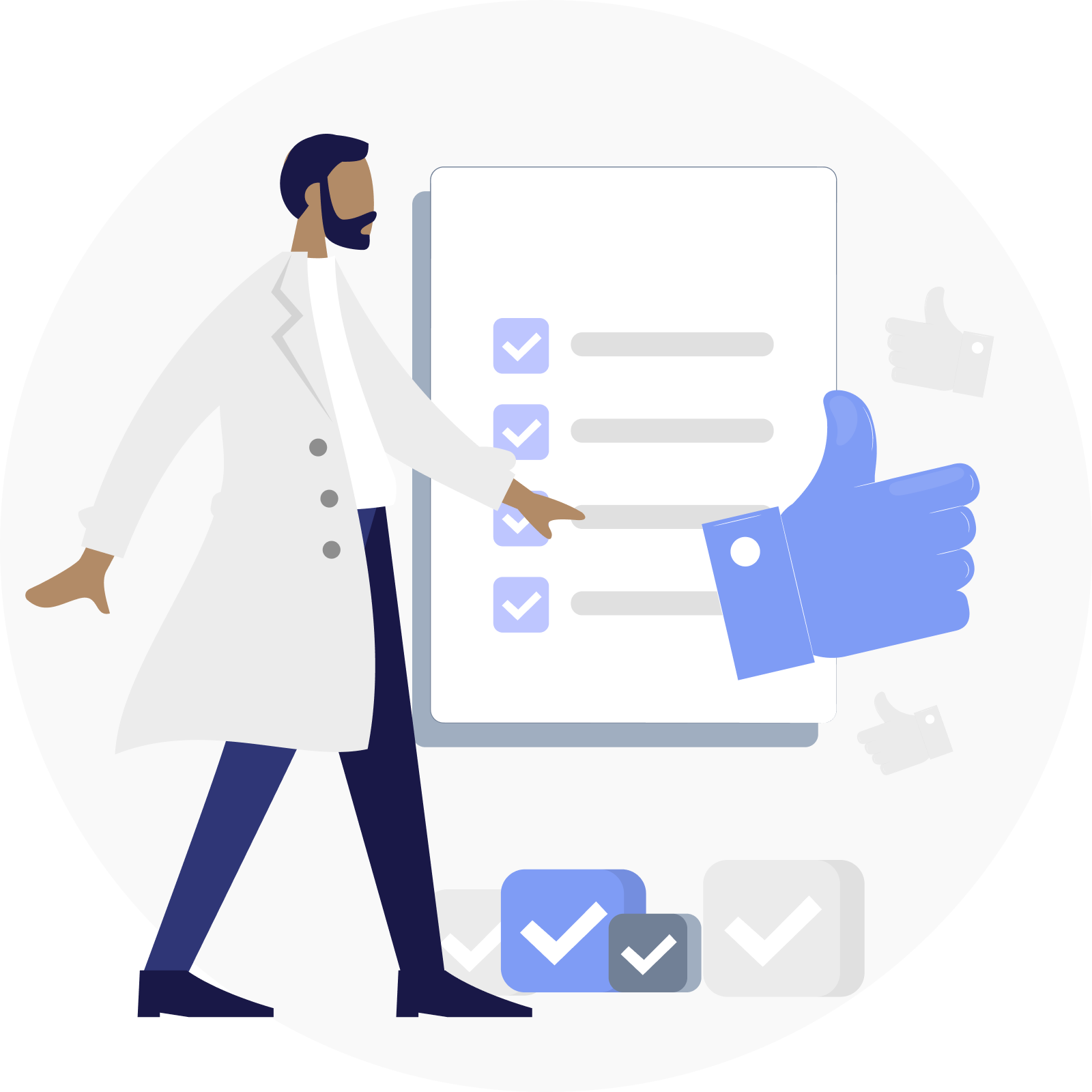

حول Heartburn and Dyspepsia
Causes
Diagnosis
Treatments
Prevention
Further info
أسئلة وأجوبة
What are the risk factors for heartburn and dyspepsia?
What are the different types of heartburn and dyspepsia symptoms?
What is the prognosis for heartburn and functional dyspepsia?
When should I see a doctor?
نحن هنا للمساعدة 👋
للحصول على المساعدة، يرجى الاتصال بخدمة العملاء لدينا على info@rightangled.com. نحن متواجدون من الاثنين إلى الجمعة من الساعة 8 صباحًا حتى 5 مساءً. بالنسبة للقضايا العاجلة، يرجى عدم استخدام هذا البريد الإلكتروني. بدلاً من ذلك، اتصل بالرقم 111، أو اتصل بالرقم 999 في حالة الطوارئ.

![Omeprazole Capsules [28 capsules] - Rightangled](http://www.rightangled.co/cdn/shop/files/omeprazole-capsules-28-capsules-1680141.jpg?v=1763653534&width=1080)
![Omeprazole Capsules [28 capsules] - Rightangled](http://www.rightangled.co/cdn/shop/files/omeprazole-capsules-28-capsules-3783079.jpg?v=1763653535&width=1080)
![Omeprazole Capsules [28 capsules] - Rightangled](http://www.rightangled.co/cdn/shop/files/omeprazole-capsules-28-capsules-8645549.jpg?v=1763653536&width=250)
![Gaviscon Advance Chewable Tablets [60 tablets] - Rightangled](http://www.rightangled.co/cdn/shop/files/gaviscon-advance-chewable-tablets-60-tablets-3611300.jpg?v=1763653527&width=600)
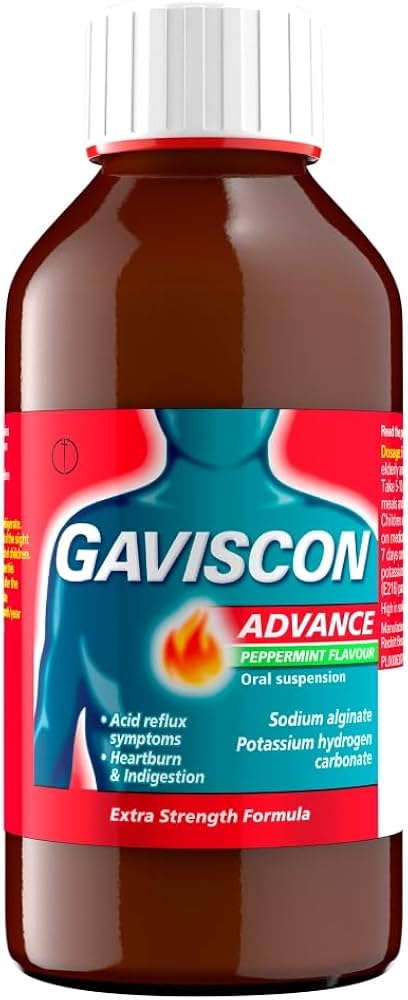
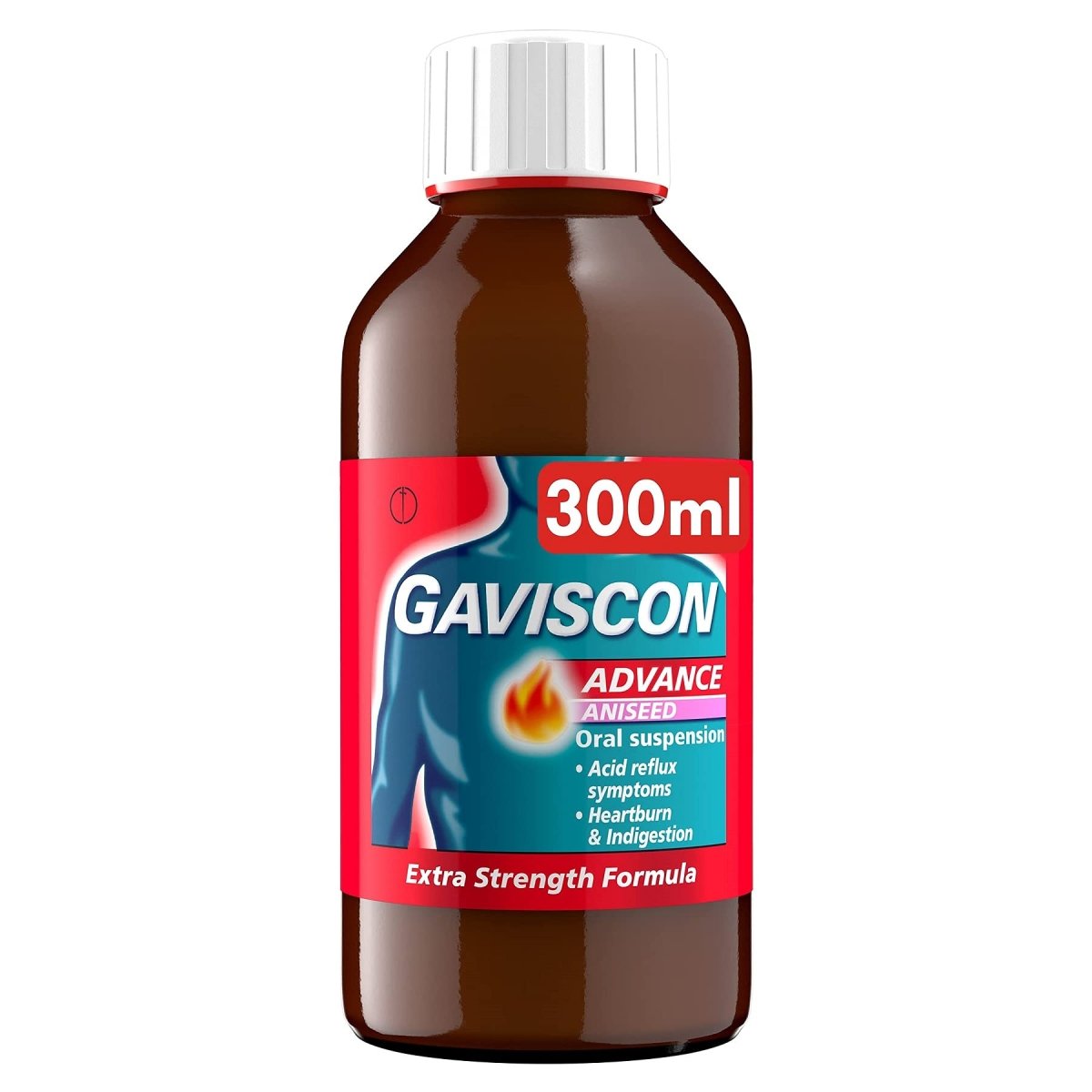
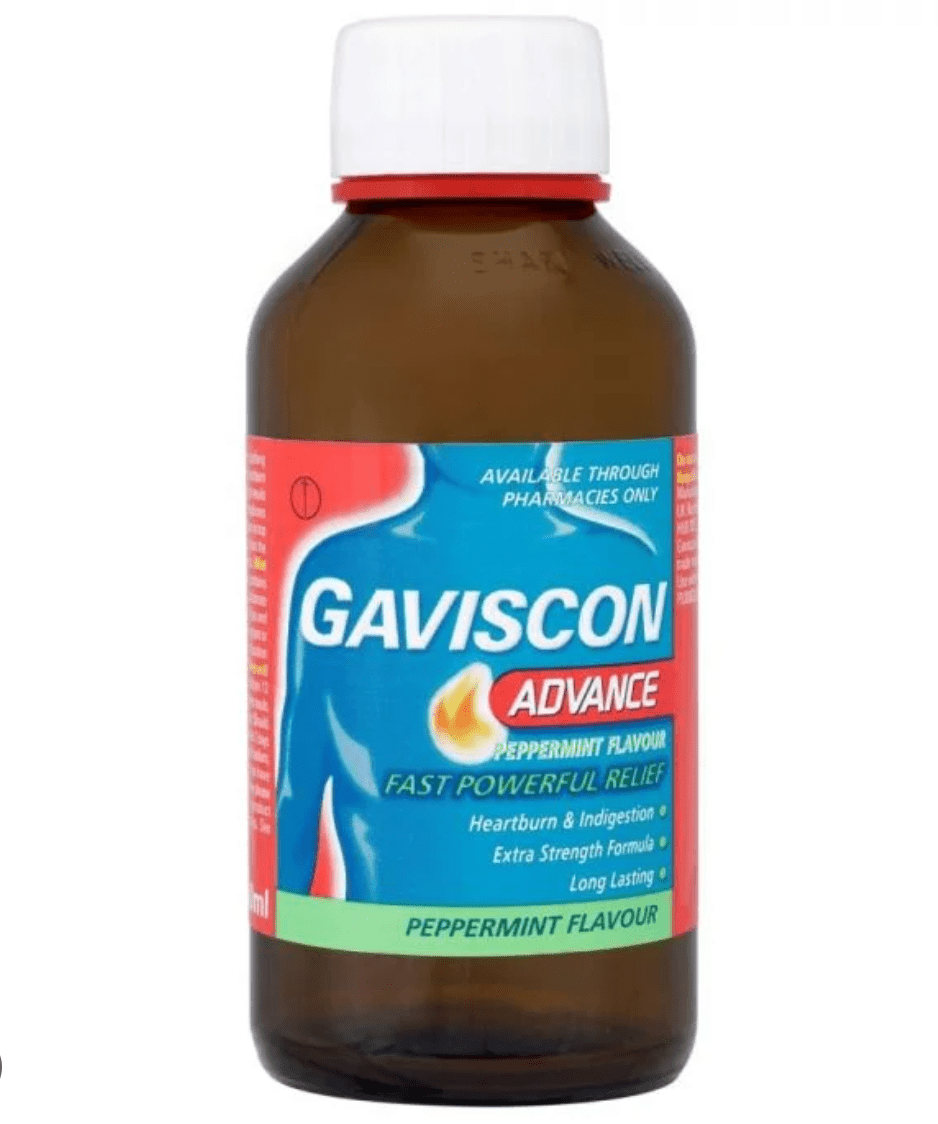
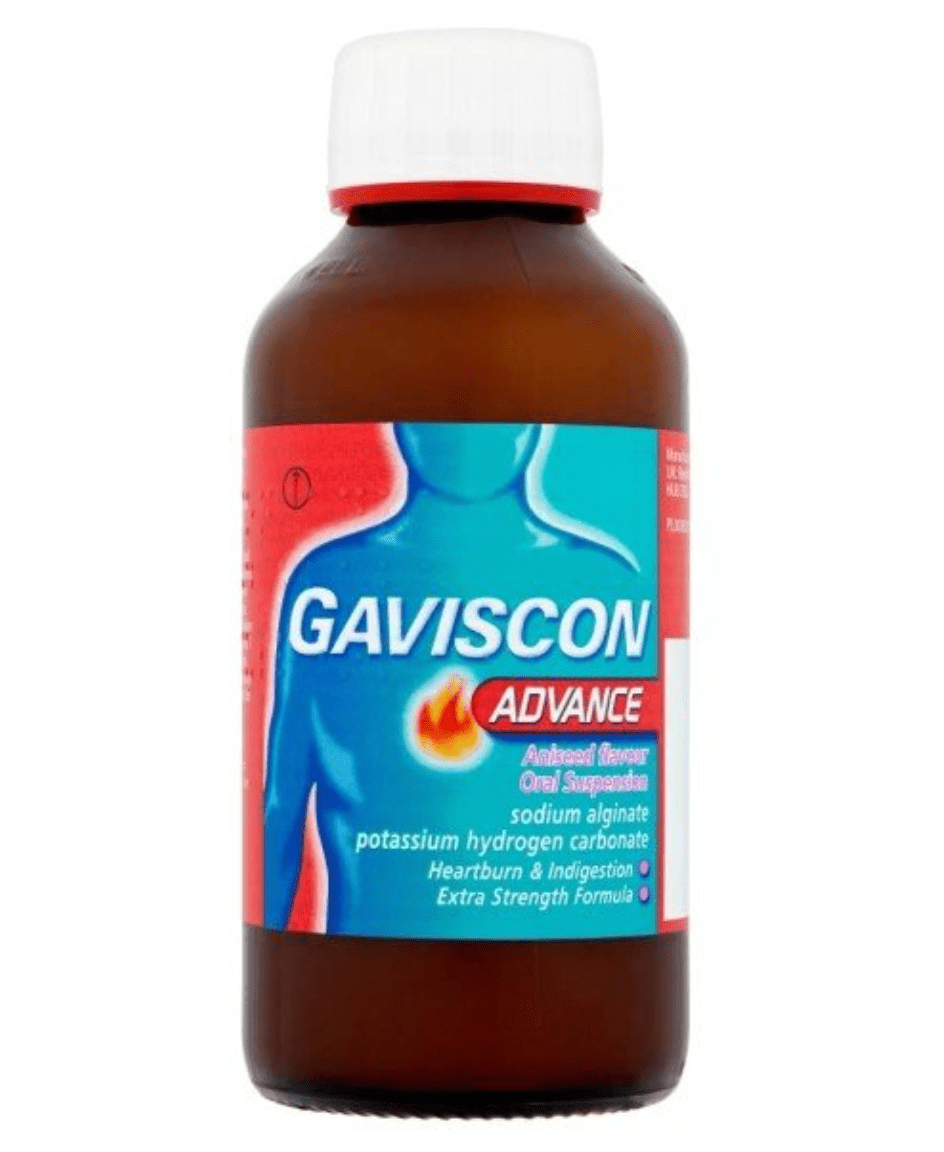
![Pantoprazole Tablets [28 tablets] - Rightangled](http://www.rightangled.co/cdn/shop/files/pantoprazole-tablets-28-tablets-9944771.jpg?v=1763653530&width=1200)
![Pantoprazole Tablets [28 tablets] - Rightangled](http://www.rightangled.co/cdn/shop/files/pantoprazole-tablets-28-tablets-3211148.jpg?v=1763653530&width=600)
![Lansoprazole Capsules [28 capsules] - Rightangled](http://www.rightangled.co/cdn/shop/files/lansoprazole-capsules-28-capsules-8036070.jpg?v=1763653535&width=1080)
![Lansoprazole Capsules [28 capsules] - Rightangled](http://www.rightangled.co/cdn/shop/files/lansoprazole-capsules-28-capsules-6911694.jpg?v=1763653535&width=1080)
![Lansoprazole Capsules [28 capsules] - Rightangled](http://www.rightangled.co/cdn/shop/files/lansoprazole-capsules-28-capsules-5501035.jpg?v=1763653536&width=1080)
![Lansoprazole Capsules [28 capsules] - Rightangled](http://www.rightangled.co/cdn/shop/files/lansoprazole-capsules-28-capsules-7126907.jpg?v=1763653536&width=1080)
![Omeprazole Tablets [28 tablets] - Rightangled](http://www.rightangled.co/cdn/shop/files/omeprazole-tablets-28-tablets-1717017.webp?v=1763653529&width=768)
![Omeprazole Tablets [28 tablets] - Rightangled](http://www.rightangled.co/cdn/shop/files/omeprazole-tablets-28-tablets-3727157.jpg?v=1763653530&width=340)
![Esomeprazole 20mg Tablets [28 tablets] - Rightangled](http://www.rightangled.co/cdn/shop/files/esomeprazole-20mg-tablets-28-tablets-7818671.jpg?v=1763653528&width=1200)
![Esomeprazole 20mg Capsules [28 capsules] - Rightangled](http://www.rightangled.co/cdn/shop/files/esomeprazole-20mg-capsules-28-capsules-8132356.jpg?v=1763653527&width=450)
![Lansoprazole Tablets [28 tablets] - Rightangled](http://www.rightangled.co/cdn/shop/files/lansoprazole-tablets-28-tablets-6908065.jpg?v=1763653532&width=1200)
![Lansoprazole Tablets [28 tablets] - Rightangled](http://www.rightangled.co/cdn/shop/files/lansoprazole-tablets-28-tablets-5794127.jpg?v=1763653532&width=1200)